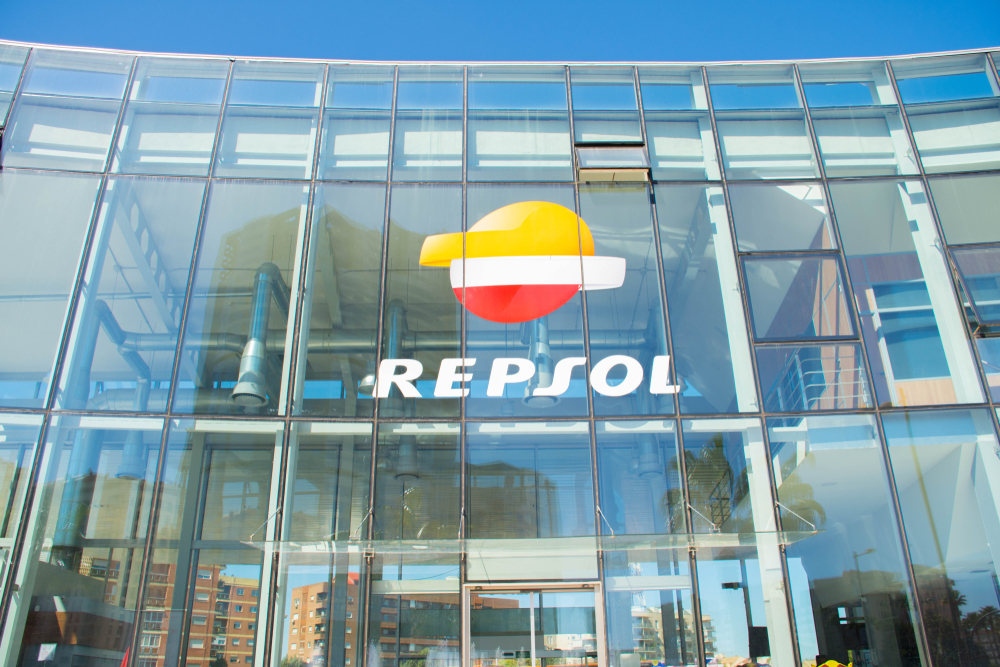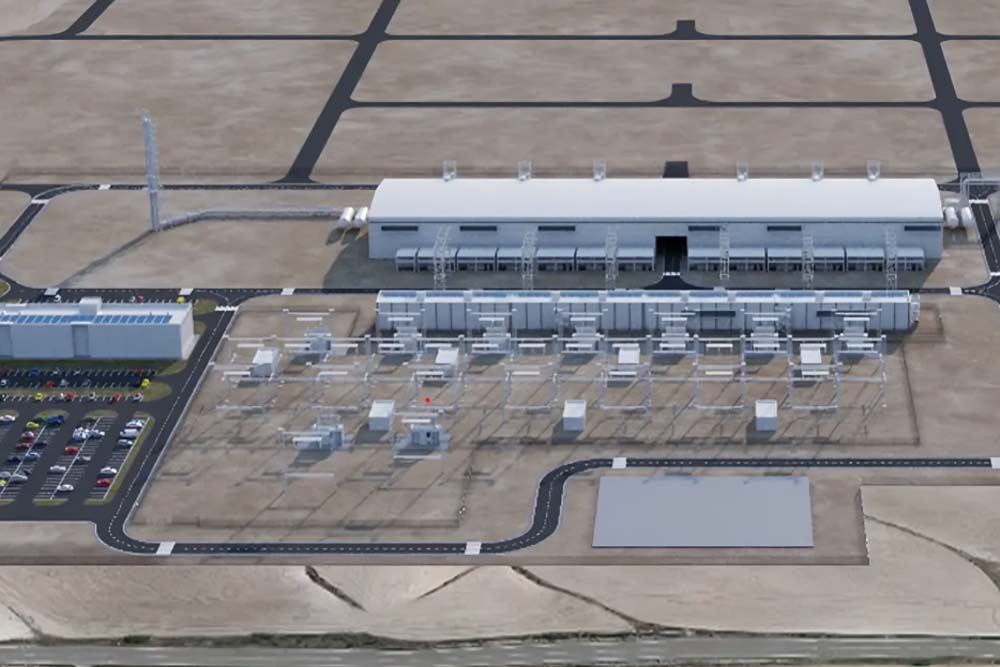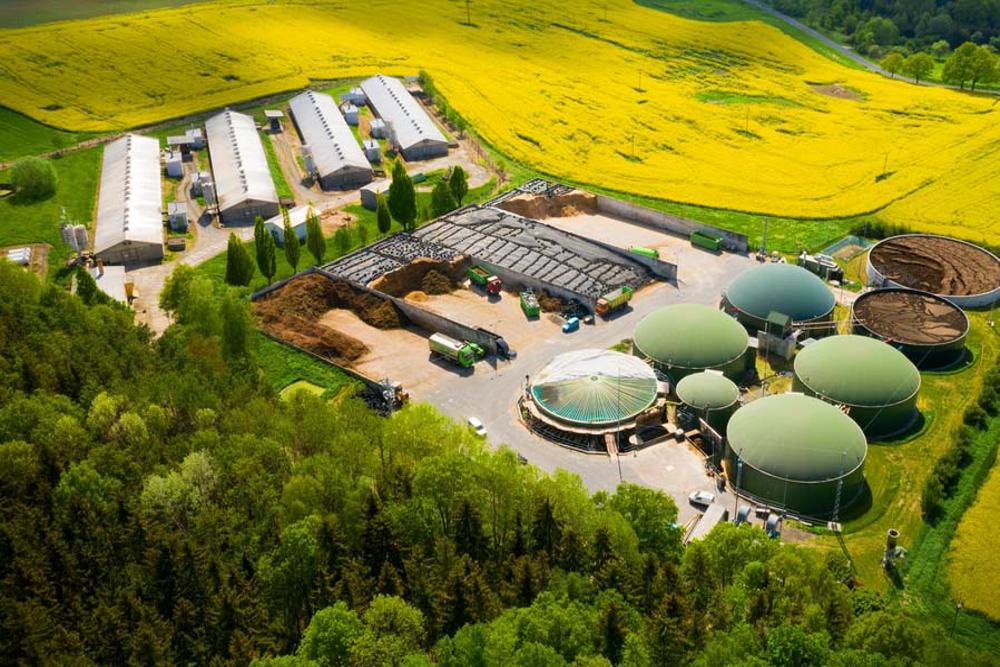
Repsol will produce renewable fuels from feedstocks such as used cooking oil and waste animal fat at its facility in Puertollano, Spain.
Repsol is designing the plant to convert approximately 240 thousand metric tonnes per annum (KMTA) of waste feeds and feedstocks to renewable diesel and other products.
The process, using Honeywell Ecofining technology, will provide Repsol with an efficient and high yield solution to produce renewable fuels and petrochemical precursors from residual feedstocks.
Repsol Director of Renewable Fuels said: “This will be Repsol’s second plant exclusively dedicated to producing 100 per cent renewable fuels, allowing us to lead the market for these products in the Iberian Peninsula where we already have more than 20 service stations supplying 100 per cent renewable diesel.”
Honeywell Sustainable Technology Solutions VP and Manager Barry Glickman said: “Renewable diesel and SAF can significantly reduce greenhouse gas emissions compared to conventional diesel or aviation fuel.”
Repsol is transforming its seven industrial complexes in Spain, Portugal, and Peru into multi-energy hubs that will reduce their carbon footprint and will enable the company to be a benchmark in the production of renewable fuels and renewable hydrogen by 2030.






